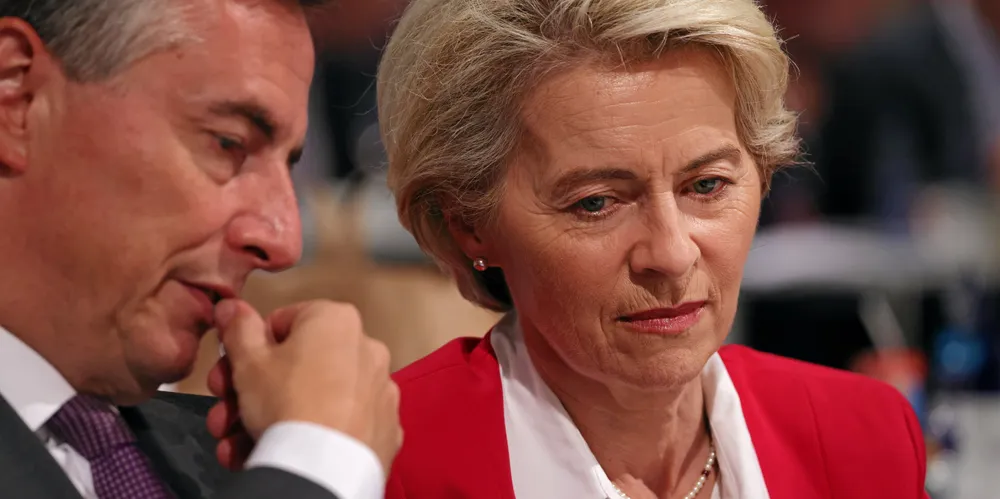EXCLUSIVE | European Parliament to vote on scrapping green hydrogen 'additionality' requirements
Hydrogen Europe presses MEPs to relax toughest regulations on green hydrogen production so European developers can compete with the US

Hydrogen Europe presses MEPs to relax toughest regulations on green hydrogen production so European developers can compete with the US
